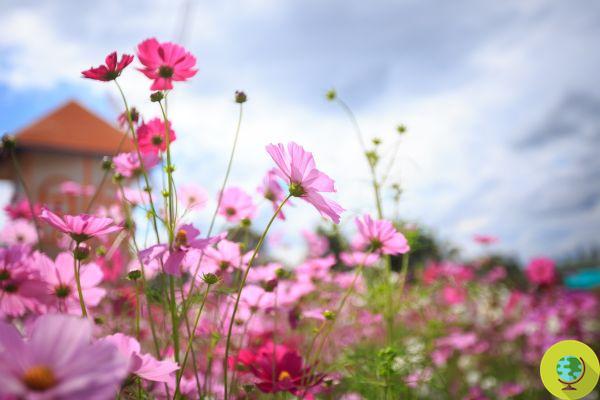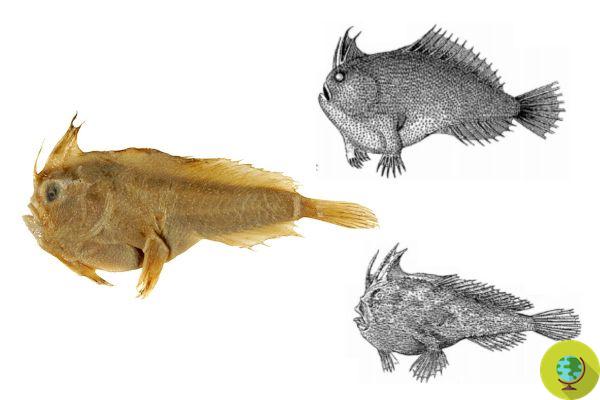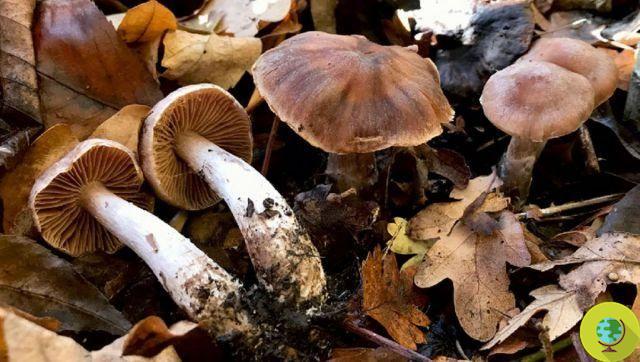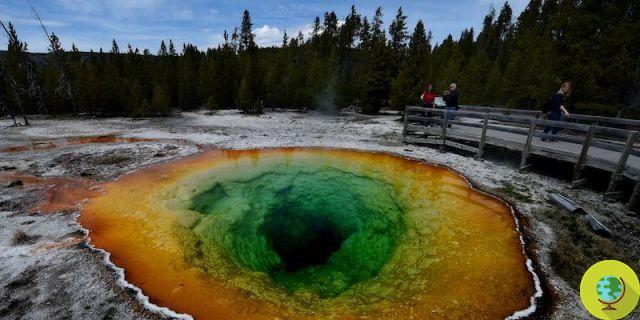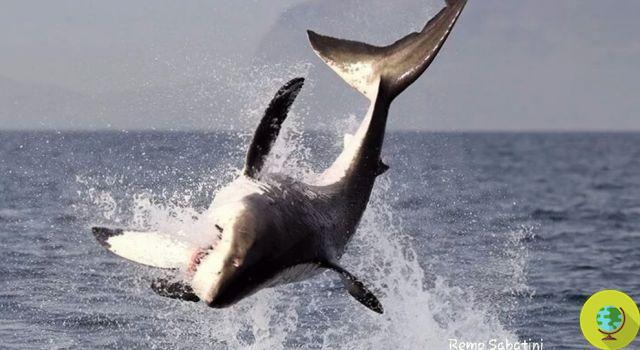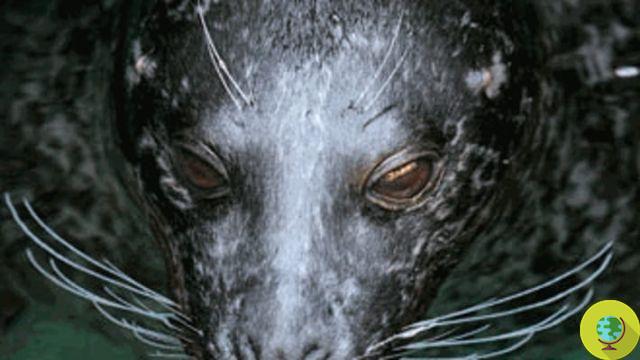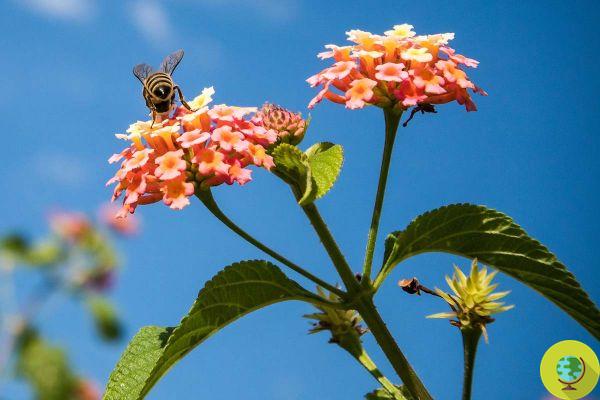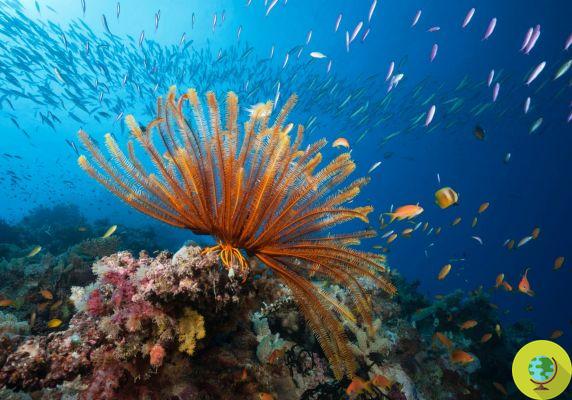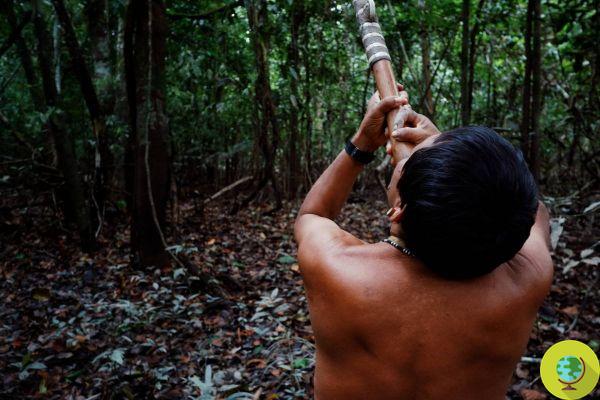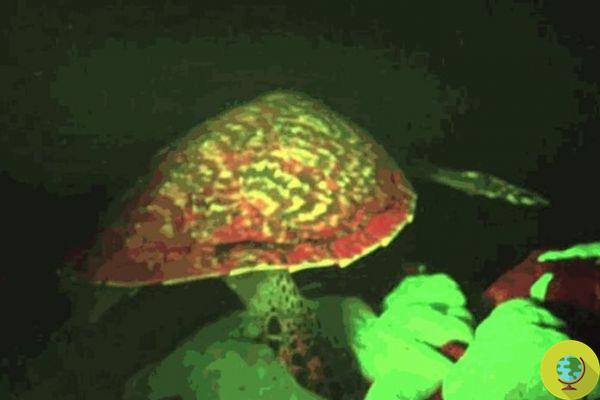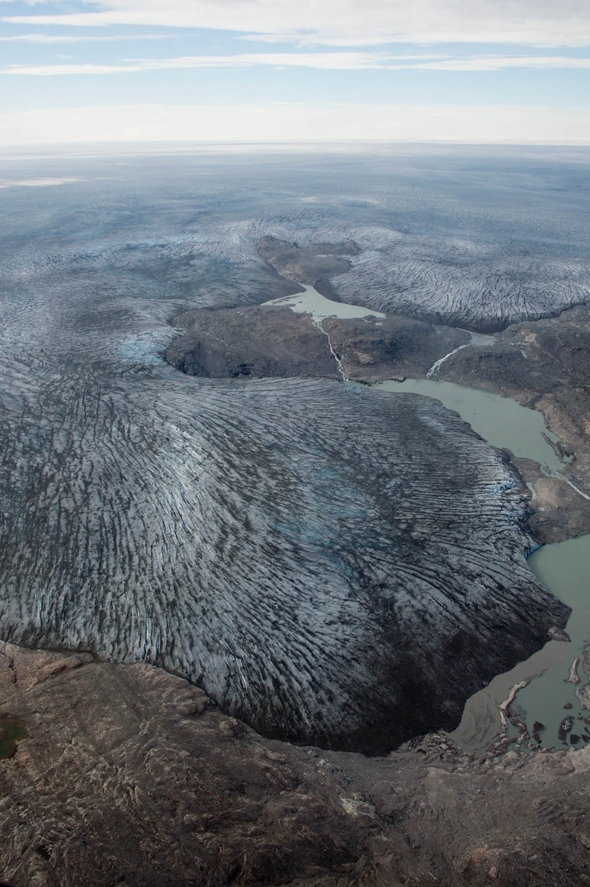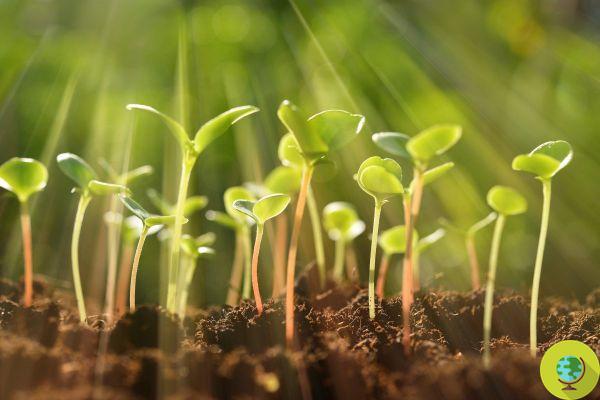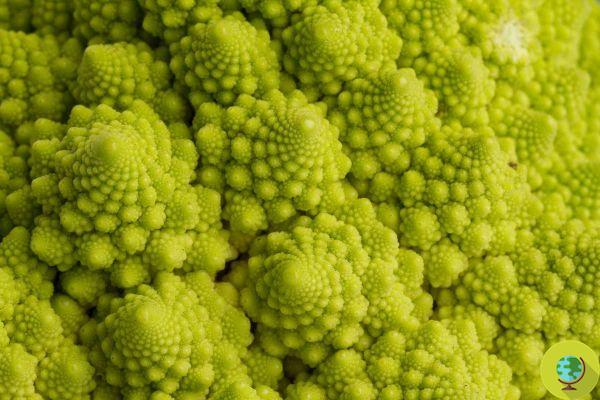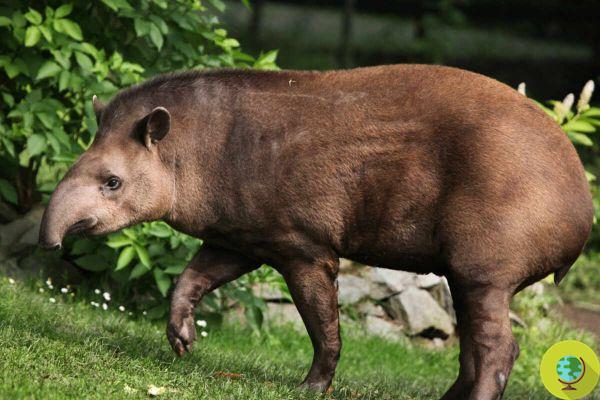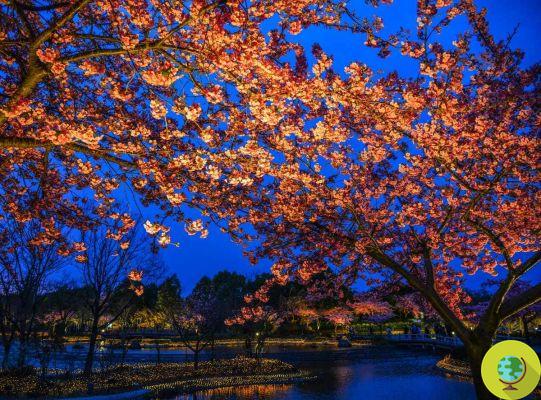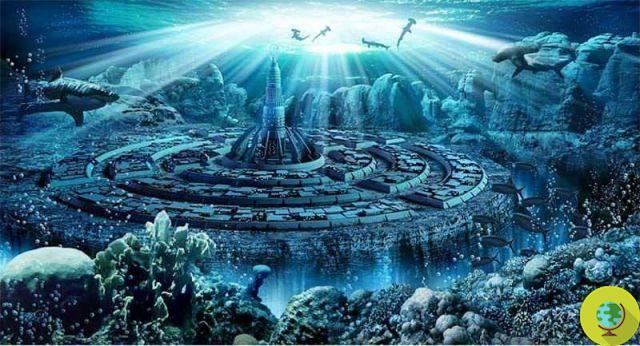Wasps are mostly hated insects, but they are valuable to biodiversity and, like bees, face extinction
He is about to end up run over, his mother saves himWasps are mostly hated insects, at least according to a survey conducted by University College London in collaboration with the University of Florence. But there is a reason: their importance, no less than that of the beloved bees, is little known, and this makes them less appreciated than their "cousins" also endowed with stings.
Undoubtedly, wasps are insects that are not entirely harmless, and in some rare cases their sting can cause severe allergic reactions. With yellow and black stripes (at least for the species present here), they can sting over and over again, because, unlike bees, they do not die after the attack. This makes them more aggressive at times.
Of course, it is known that they prefer our homes to holes in trees (they often build their nests near window shutters or in roller shutter boxes) and therefore their presence can be more "intrusive" than that of bees. They are also attracted to various of our foods, often ruining picnics and outdoor trips.
But they are not "bad" (as no animals are), and they really only react if they feel threatened in some way. But above all, they play a fundamental role in the balance of ecosystems and in pollination, making them as important as bees.
"It is clear that we have a very different emotional bond with wasps than bees - explains Seirian Sumner, co-author of the study - We have lived in harmony with bees for a very long time, domesticated some species, but interactions with the human wasp are often unpleasant "
“Despite this, we need to actively review the negative image of wasps to protect the wasps ecological benefits leading to our planet. They are facing similar dangers to bees and this is something the world cannot afford ”.
Wasps are also in danger of extinction and that would be a big deal
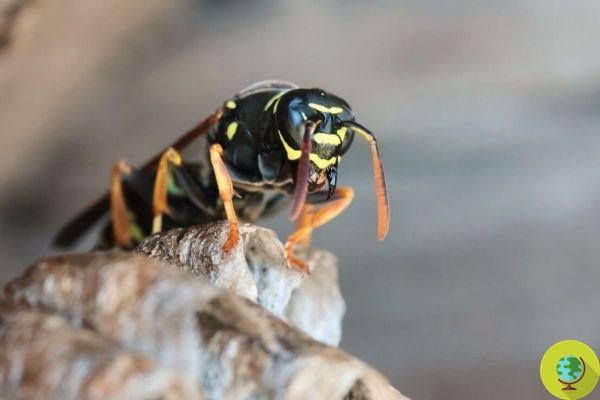
@ cgart/123rf.com
Yes, because, unfortunately, not only bees are at risk of extinction, but also wasps and, should this unfortunately happen, the damage to our planet would be equally disastrous. And our negative perception doesn't help, on the contrary, it could make things worse.
These hymenoptera, according to research, are almost universally detested. In fact, the study analyzed the answers to a questionnaire of 748 respondents from 46 countries (even if 70% were from the United Kingdom), containing questions on the perception of insects including flies, butterflies, bees and wasps, the latter classified ai last places of appreciation.
But the researchers did not stop there, also trying to understand the reasons, attributed above all to the lack of knowledge of the benefits that wasps bring to the health and balance of our planet.
And the surprising thing is that this lack of knowledge comes from the same world of research: the team has in fact discovered that wasps are a unpopular choice of insects also on a scientific level, made up of men and women, who most likely have the same generalized negative perception.
The proof comes from publications: of the 908 articles sampled since 1980, only 2,4% (22 documents) concerned wasps, compared to 97,6% (886 articles) focused on bees. Similarly, of the 2543 conference proceedings on bees or wasps in the last twenty years, 81,3% were on bees.
A loop from which it is urgent to get out, also because it is completely unmotivated, and among other things mediated by very few more "intrusive" species: the "classic" wasps and hornets mostly, but which represent less than 1% of the stinging wasps, the social ones, with more likely to get in touch with us. 67 species against 75.000 solitary.
“The global concern for the decrease in pollinators it has provoked an incredible level of public interest and support for bees. It would be fantastic if this could also be achieved for wasps, but a complete cultural change in the attitude towards them would be needed ”added Alessandro Cini, another co-author of the research. Which, he admits, should start with the scientists themselves.
The work, funded by the Natural Research Research Council and the European Commission, was published in Ecological Entomology.
Follow us on Telegram | Instagram | Facebook | TikTok | Youtube
Read also:
- Bees, wasps, bumblebees and Co: our nice guide to recognize 'stinging' insects?
- Clistopyga crassicaudata, the new species of wasp with a mega sting




